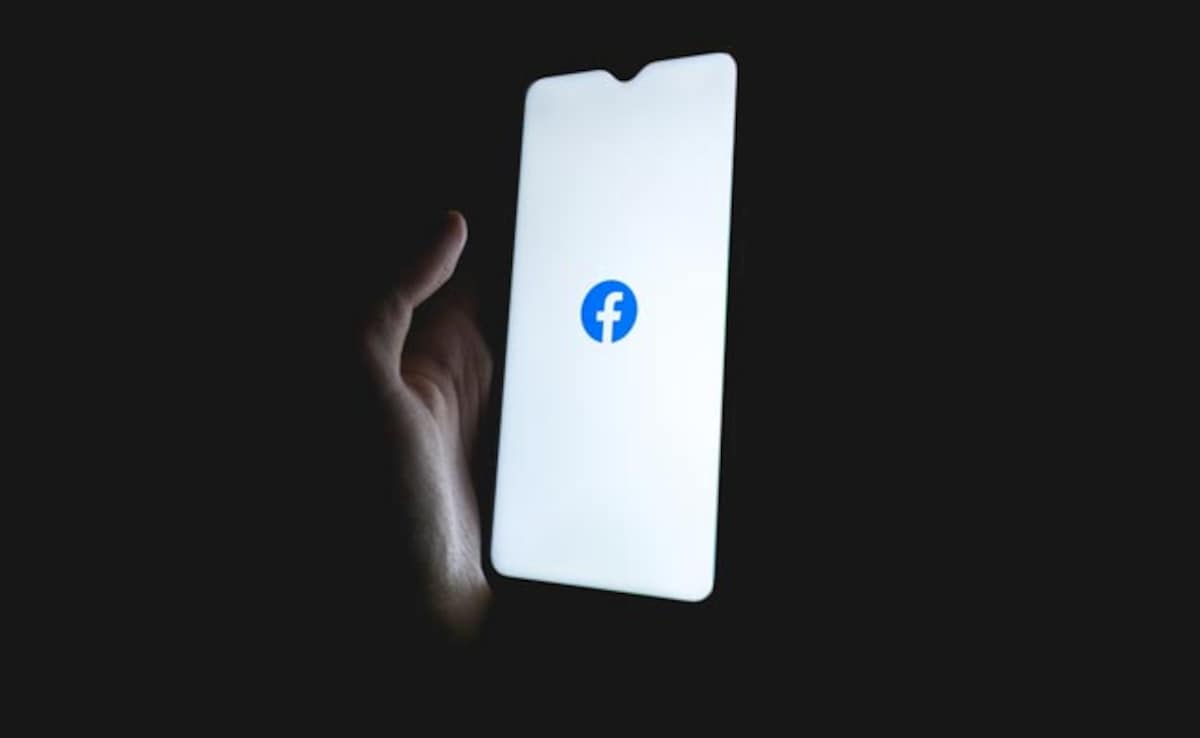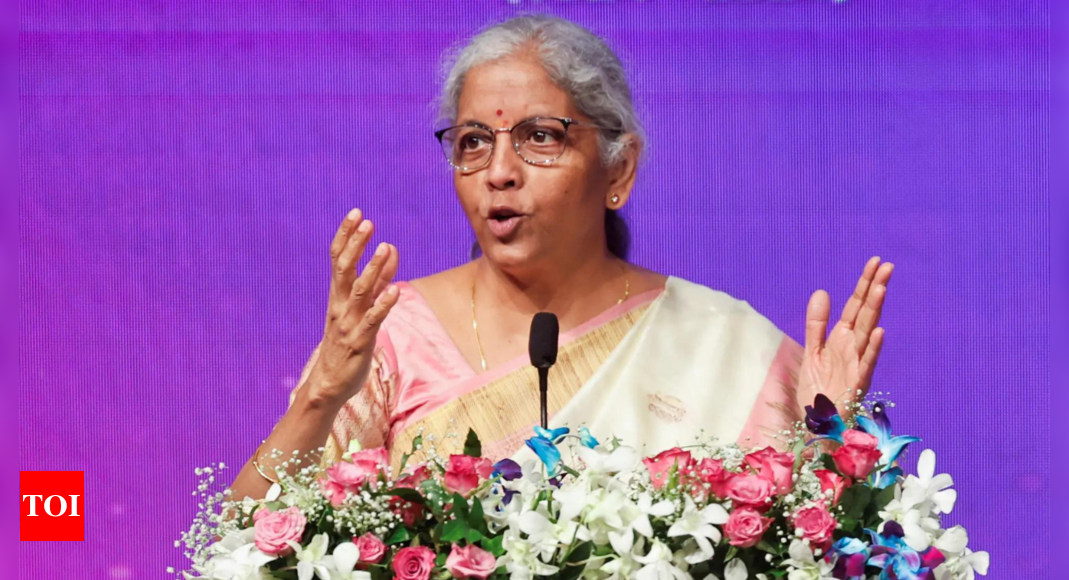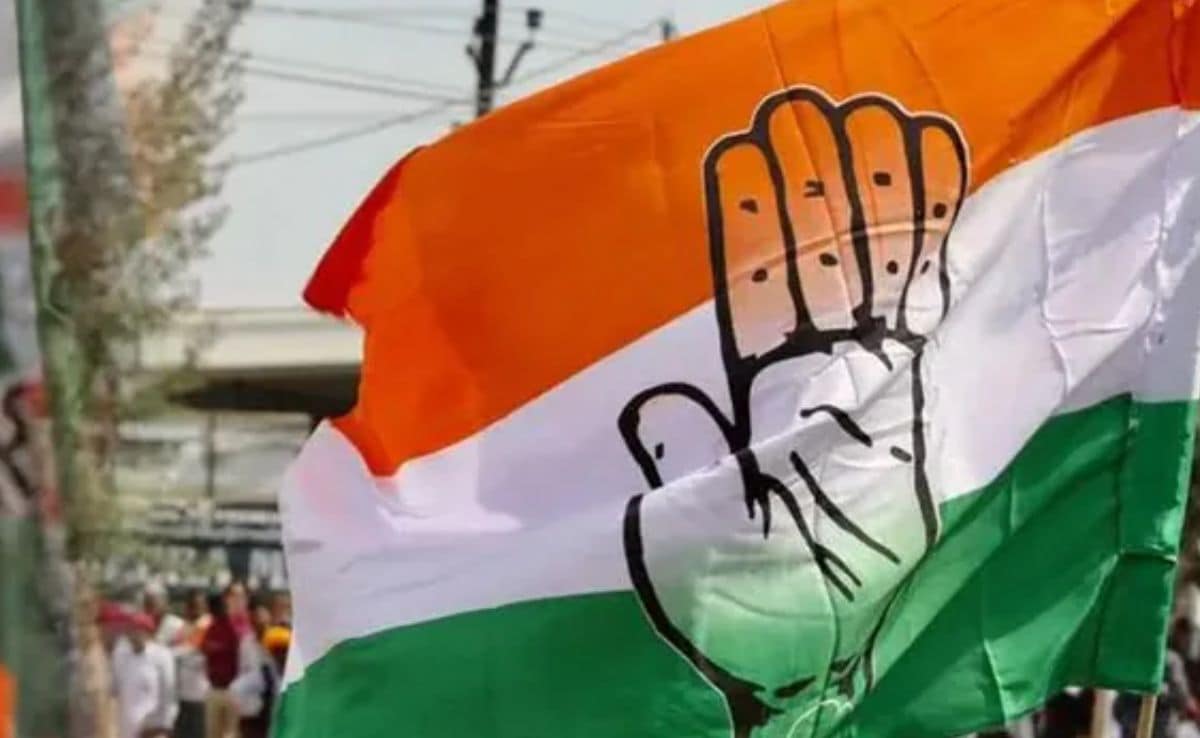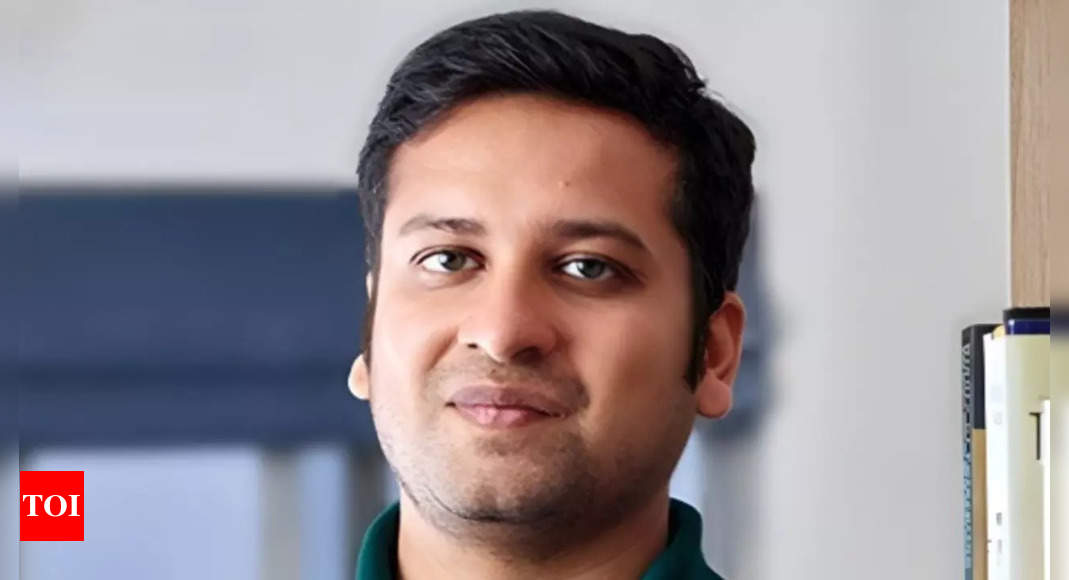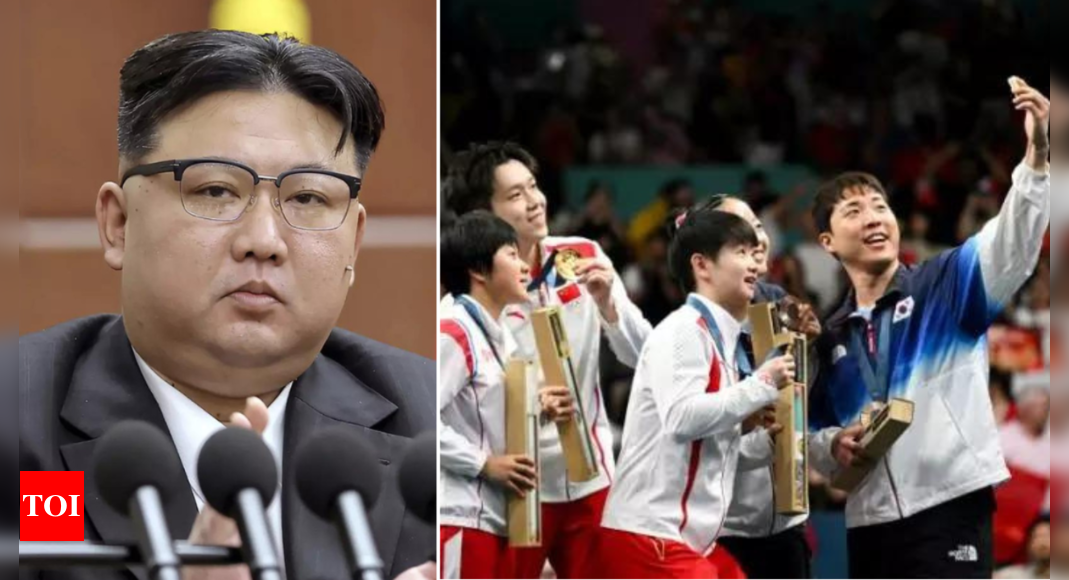
North Korean table-tennis players Kim Kum-yong and Ri Jong-sik are under investigation for their behavior during the Paris Olympics, where their victory photos with athletes from South Korea have sparked controversy in their home country.
According to reports from the Telegraph, Kim Kum-yong is facing scrutiny for smiling in a victory photo with South Korean athletes, who represent North Korea‘s rival nation.Ri Jong-sik, Kim’s table-tennis partner, may also face disciplinary action for smiling alongside the gold medal winners from China and bronze medalists from South Korea after the podium ceremony.
The images, which captured a rare moment of sportsmanship between athletes from warring nations, went viral worldwide. However, they have not been well received in North Korea, where leader Kim Jong Un’s regime strictly controls interactions with South Koreans and other foreign competitors.
Since the team’s return on August 15, they have been subjected to a month-long “cleanse” intended to remove any influence of “non-socialist” culture, according to the Daily NK. This process, managed by North Korea’s Ministry of Sport, includes a three-stage ideological assessment designed to ensure the athletes align with state-approved values.
North Korean athletes were reportedly instructed to avoid interacting with South Korean or other foreign athletes during the Olympics. Violations of these directives could result in penalties, although the specific nature of the potential punishments remains unclear.
Historical precedents suggest severe consequences for perceived disobedience. For instance, after the North Korean football team’s lackluster performance at the 2010 World Cup, players were subjected to a six-hour public criticism session, and their coach was sent to labor in construction.
According to reports from the Telegraph, Kim Kum-yong is facing scrutiny for smiling in a victory photo with South Korean athletes, who represent North Korea‘s rival nation.Ri Jong-sik, Kim’s table-tennis partner, may also face disciplinary action for smiling alongside the gold medal winners from China and bronze medalists from South Korea after the podium ceremony.
The images, which captured a rare moment of sportsmanship between athletes from warring nations, went viral worldwide. However, they have not been well received in North Korea, where leader Kim Jong Un’s regime strictly controls interactions with South Koreans and other foreign competitors.
Since the team’s return on August 15, they have been subjected to a month-long “cleanse” intended to remove any influence of “non-socialist” culture, according to the Daily NK. This process, managed by North Korea’s Ministry of Sport, includes a three-stage ideological assessment designed to ensure the athletes align with state-approved values.
North Korean athletes were reportedly instructed to avoid interacting with South Korean or other foreign athletes during the Olympics. Violations of these directives could result in penalties, although the specific nature of the potential punishments remains unclear.
Historical precedents suggest severe consequences for perceived disobedience. For instance, after the North Korean football team’s lackluster performance at the 2010 World Cup, players were subjected to a six-hour public criticism session, and their coach was sent to labor in construction.




